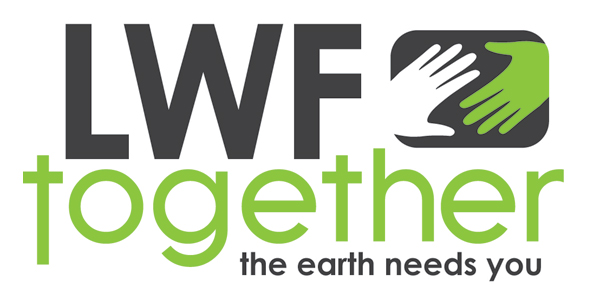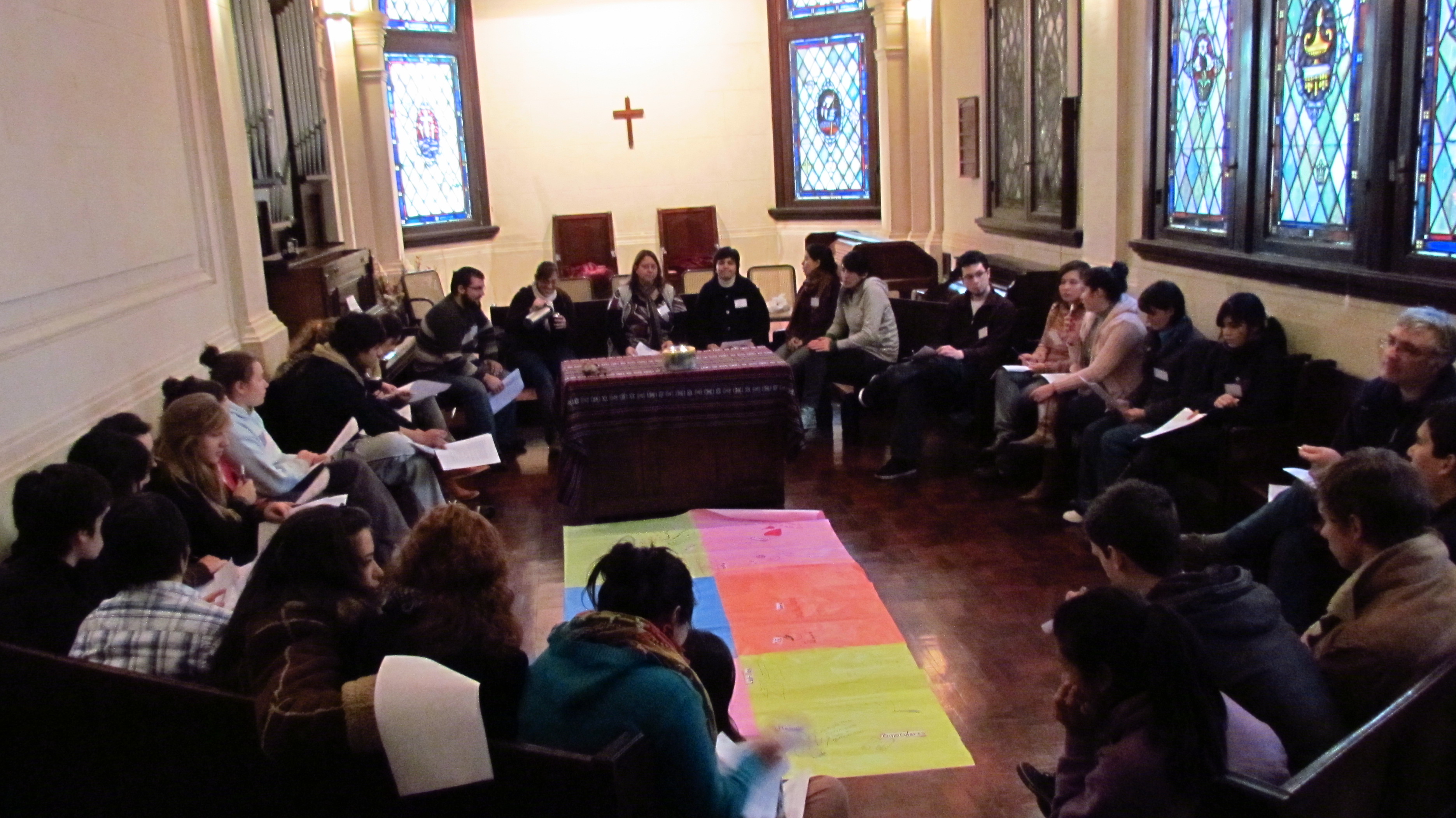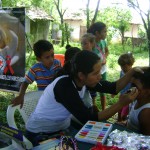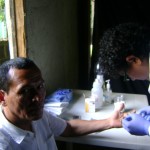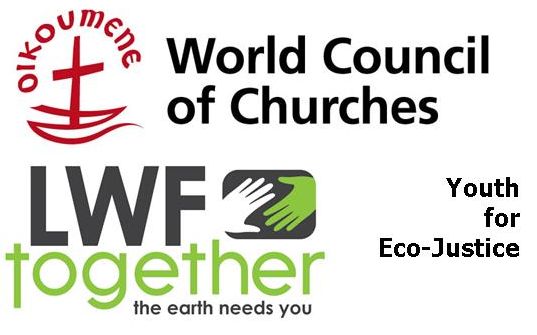The year of the youth - announced by the United Nations - ended last August. But 2011 was not just ordained by the UN. Young people themselves took the lead and made it a year of the youth. In the protest movements called the “Arab Spring” and in the globalized “Occupy” demonstrations, young people made their voices heard. And they changed history.
Welcoming the new year, major church leaders made young people their primary topic. Pope Benedikt XVI., the head of the Roman Catholic Church, said in his new year address he was convinced that “that the young, with their enthusiasm and idealism, can offer new hope to the world.” He also called on those in power:
“Attentiveness to young people and their concerns, the ability to listen to them and appreciate them, is not merely something expedient; it represents a primary duty for society as a whole, for the sake of building a future of justice and peace.”
The Archbishop of Canterbury, Rowan Williams, the head of the Anglican communion, also emphasized young people. He reflected on the horrible riots in London and other British cities in 2011. However, he did not just blame young people for them:
“We have to ask, what kind of society is it that lets down so many of its young people? That doesn’t provide enough good role models and drives youngsters further into unhappiness and anxiety by only showing them suspicion and negativity. When you see the gifts they can offer, the energy that can be released when they feel safe and loved, you see what a tragedy we so often allow to happen.”
Williams continued to remind the listeners that Christian faith has always stressed the contributions of young people:
“One of the unique things in the Christian faith, one of its great contributions to our moral vision, is the way it has spoken about children and young people. Whether it’s Jesus blessing children, or St Paul encouraging a young church leader, saying, ‘Don’t let people look down on you because you’re young’, or St Benedict in his rule for monks saying that you need to pay attention to the youngest as well as the oldest – Christian faith has underlined the essential importance of giving young people the respect they deserve.”
While I am not aware of current messages of Lutheran leaders emphasizing the importance of young people, these voices are very valuable also for the Lutheran communion.
But what does it mean for us? What are your plans for 2012 to make the world a better place? Please add your ideas in the comment section.

